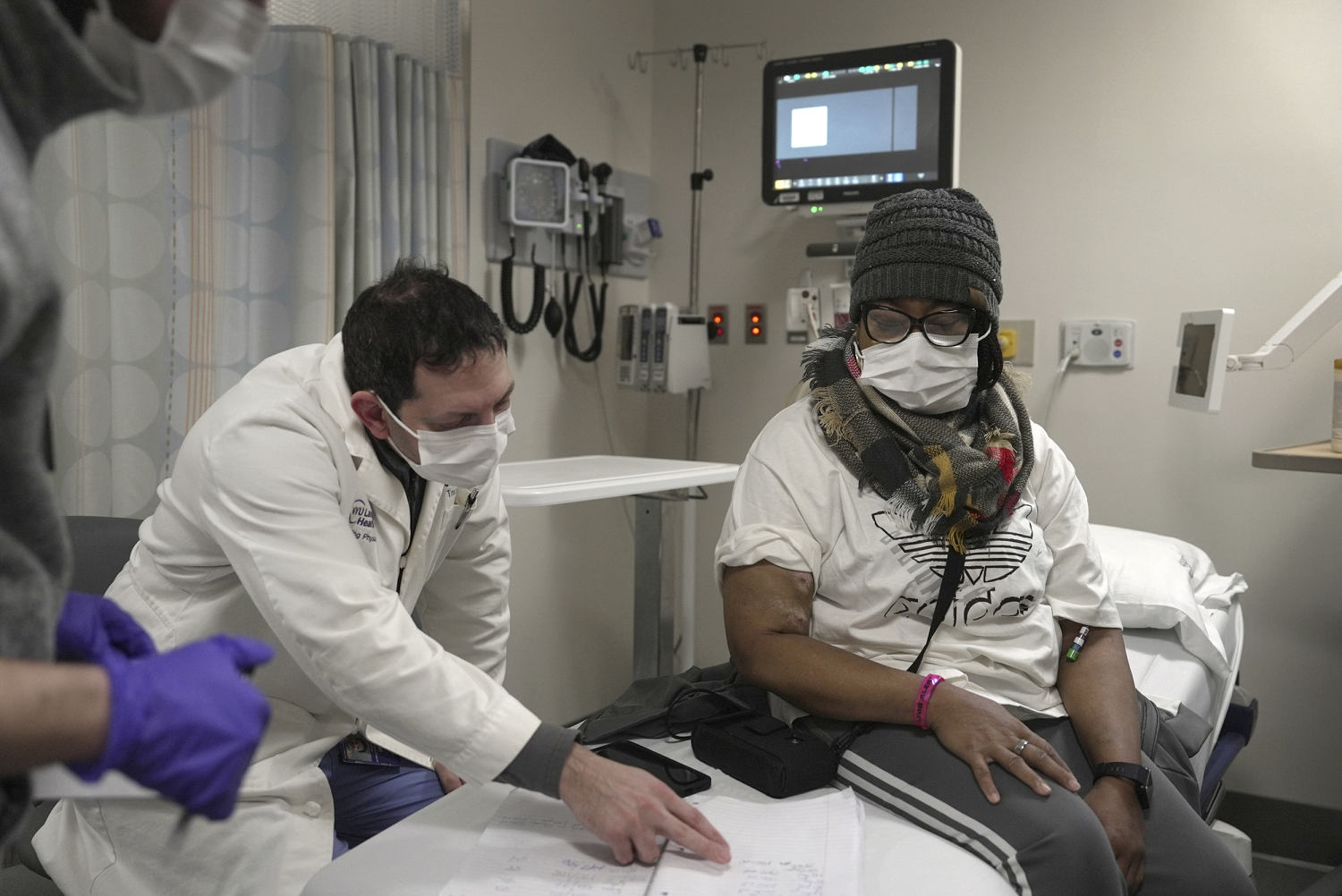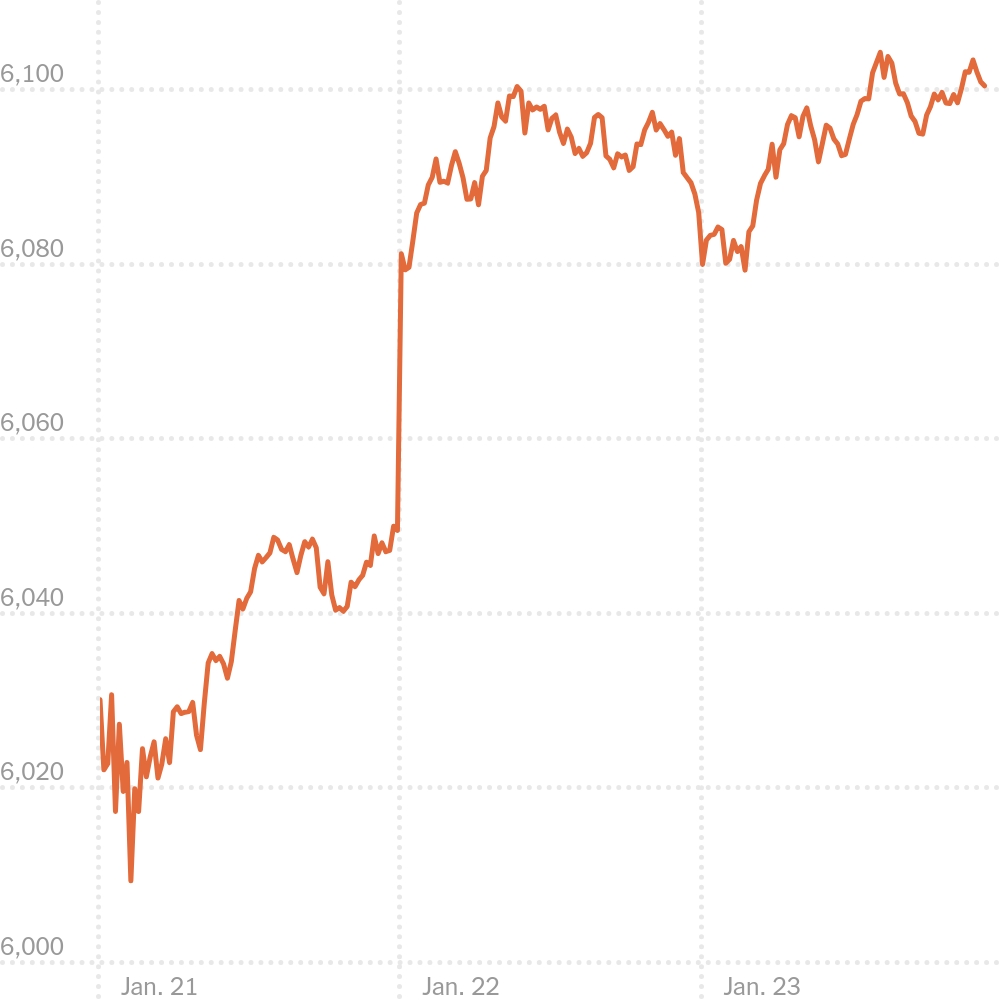Sleep, Work & careers, Health, Health & wellbeing, Society, Life and style, Guardian Careers, Family, Business Business | The Guardian
Night Club, which has helped more than 10,000 workers recover their physical and psychological wellbeing, now has four demands for LabourPeers and MPs will shortly receive a survey that asks: “How do you sleep at night?” It’s not a cheeky attempt to breach privacy – its aim is to encourage parliamentarians to clock their time asleep to raise awareness of the dangers experienced by the growing army of night workers: the “forgotten shift”.In a 24-hour society, night work has expanded hugely, accelerated by the cost of living crisis and childcare fees. The night shift pays a premium – but it can also punish people in ways not experienced on day shifts. Night workers are 37% more likely than day workers to have a heart attack, 44% more likely to develop type 2 diabetes and 32% more likely to have a miscarriage, while obesity and memory loss are also factors. Continue reading…
Night Club, which has helped more than 10,000 workers recover their physical and psychological wellbeing, now has four demands for Labour
Peers and MPs will shortly receive a survey that asks: “How do you sleep at night?” It’s not a cheeky attempt to breach privacy – its aim is to encourage parliamentarians to clock their time asleep to raise awareness of the dangers experienced by the growing army of night workers: the “forgotten shift”.
In a 24-hour society, night work has expanded hugely, accelerated by the cost of living crisis and childcare fees. The night shift pays a premium – but it can also punish people in ways not experienced on day shifts. Night workers are 37% more likely than day workers to have a heart attack, 44% more likely to develop type 2 diabetes and 32% more likely to have a miscarriage, while obesity and memory loss are also factors.








